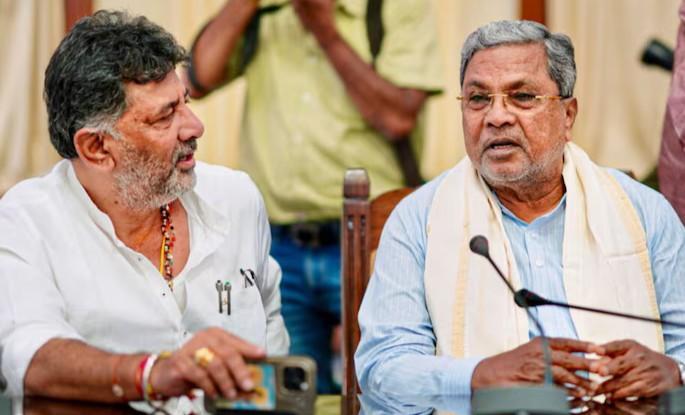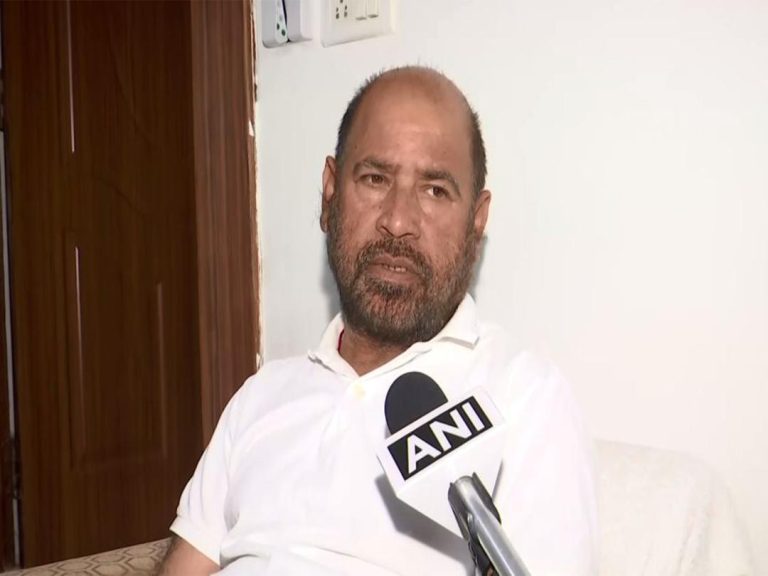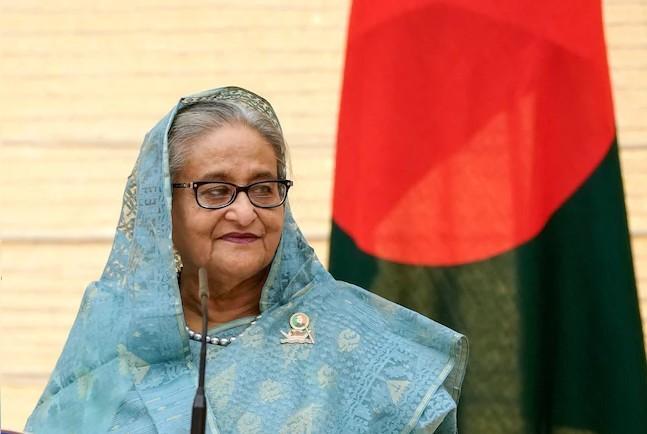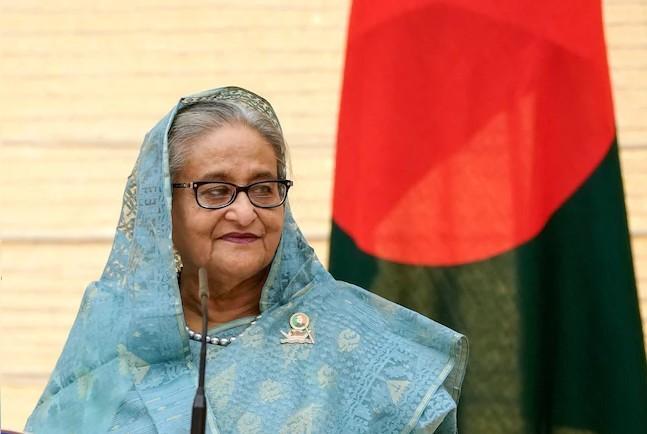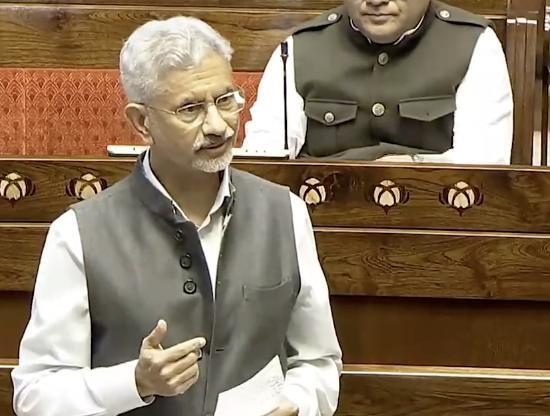
In 1960, Nehru said we are purchasing peace, but we did not: Jaishankar on Indus Water Treaty
In a recent statement in the Rajya Sabha, External Affairs Minister S Jaishankar sparked controversy by criticizing the Indus Waters Treaty of 1960, which was signed by India and Pakistan during the tenure of then Prime Minister Jawaharlal Nehru. Jaishankar’s statement has raised questions about the treaty’s validity and the priorities of the government at that time.
During the debate on Operation Sindoor, a special force operation conducted by the Indian Army in 1971, Jaishankar quoted Nehru’s famous words, “We purchased peace, and it is good for both countries.” However, he added a twist to the quote, stating, “We didn’t purchase peace sir. It was purchase of appeasement.” This statement has sparked a heated debate about the treaty and its implications on India’s national interests.
The Indus Waters Treaty was signed in 1960 by Nehru and Pakistan’s President Ayub Khan. The treaty aimed to resolve the issues related to the sharing of the waters of the Indus River and its tributaries between the two countries. The treaty divided the waters into three categories – the western rivers, the eastern rivers, and the Indus River itself. The treaty also established a Permanent Indus Commission to oversee the implementation of the agreement.
Jaishankar’s statement suggests that the treaty was a product of appeasement politics, where the Indian government prioritized Pakistan’s interests over those of its own farmers. He argued that the treaty’s provisions disproportionately benefited Pakistan, which has been using the waters of the Indus River and its tributaries to generate hydroelectric power and irrigate its crops.
The criticism of the Indus Waters Treaty is not new. There have been several instances where India has raised concerns about the treaty’s implementation, claiming that Pakistan has been violating its provisions. In 2019, India’s Water Resources Minister, Nitin Gadkari, had written to the World Bank, which had brokered the treaty, expressing concerns about Pakistan’s non-compliance with the treaty’s provisions.
Jaishankar’s statement has also raised questions about the priorities of the government at that time. The then Prime Minister, Nehru, was known for his commitment to secularism and his efforts to maintain good relations with Pakistan. However, Jaishankar’s statement suggests that this commitment to maintaining good relations may have come at the cost of India’s national interests.
The controversy surrounding the Indus Waters Treaty is not limited to the treaty itself. It also highlights the broader issues related to the sharing of water resources in the region. The Indus River and its tributaries are shared by India, Pakistan, and Bangladesh, and the sharing of these waters is a highly contentious issue.
In recent years, there have been several instances of water scarcity and conflict over the sharing of water resources in the region. In 2019, India and Pakistan clashed over the sharing of the Krishna-Godavari basin, a shared water resource between the two countries. Similarly, Bangladesh has been facing severe water scarcity issues due to the construction of dams and barrages on the Ganges River, which is shared by India, Bangladesh, and Nepal.
The controversy surrounding the Indus Waters Treaty is a reminder of the need for careful consideration and negotiation when it comes to sharing water resources in the region. It highlights the importance of prioritizing the interests of all stakeholders, including farmers, industries, and the environment.
In conclusion, Jaishankar’s statement has sparked a heated debate about the Indus Waters Treaty and its implications on India’s national interests. While the treaty was intended to promote peace and cooperation between India and Pakistan, Jaishankar’s statement suggests that it may have come at the cost of India’s farmers and national interests. The controversy surrounding the treaty is a reminder of the need for careful consideration and negotiation when it comes to sharing water resources in the region.

